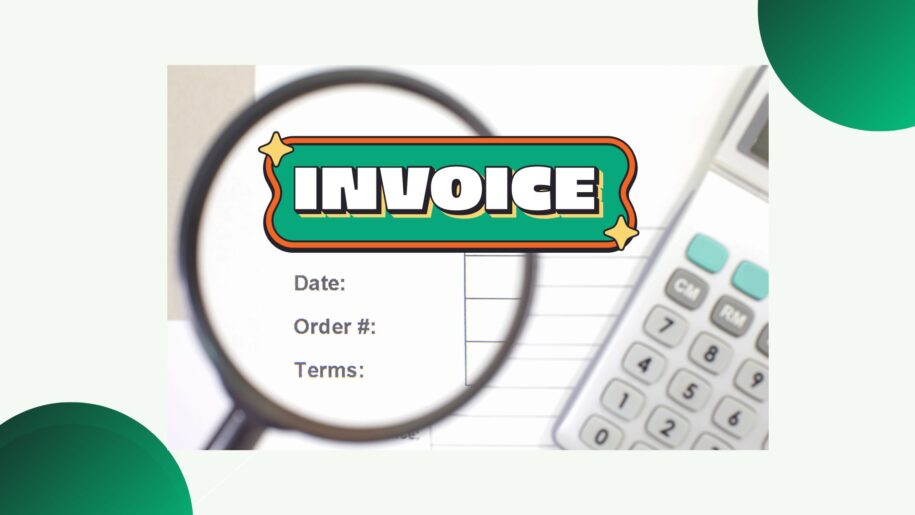For coffee producers, exporters and importers, navigating the international trade landscape can be a complex process. One crucial document that ensures a smooth flow from origin to roaster is the commercial invoice. This document serves as more than just a bill for the coffee you’ve cultivated, processed, and exported. It’s a vital piece of information for Exporters, importers and customs authorities.
What is a Commercial Invoice?
Think of a commercial invoice as a detailed bill of sale for your coffee shipment. It outlines the specifics of the transaction, providing critical information for customs clearance, tax assessment, and payment processing. A well-prepared invoice ensures a straightforward journey for your coffee, avoiding delays and unnecessary complications.
Why Commercial Invoices Matter
For coffee importers and roasters, a clear and accurate commercial invoice is essential for several reasons:
1-Customs Clearance: The commercial invoice acts as a passport for your coffee shipment. Customs officials rely on this document to assess import duties and taxes. A well-prepared invoice ensures faster clearance and avoids delays.
2-Accurate Payment Processing: The invoice details the agreed-upon price for the coffee, allowing for clear and transparent financial transactions between the importer and exporter.
3-Record Keeping: A comprehensive commercial invoice serves as a vital record for both the importer and exporter, providing a clear picture of the transaction details.
Key Components for Coffee Professionals:
–Your Company Information: Clearly state your company name, address, and contact details as the seller (exporter).
–Buyer Information: Include the importer/roaster’s name, address, and any relevant tax identification numbers.
–Invoice Details: Assign a unique invoice number and date for easy reference.
–Coffee Description: Provide a detailed description of the coffee, including origin, variety, processing method, grade, and quantity (weight in kilograms or pounds).
–Country of Origin: Clearly state the country where the coffee was grown and processed.
–Harmonized System (HS) Code: This internationally recognized code identifies your coffee for customs purposes. Research the appropriate HS code for your specific coffee type.
–Pricing: Clearly state the total cost of the coffee, including a breakdown of the per-unit price and any applicable discounts.
–Payment Terms: Specify the agreed-upon method and timeframe for payment (e.g., net 30 days, letter of credit).
-Currency: Indicate the currency used for the transaction (e.g., USD, EUR).
–Shipping Information: Detail the mode of transport (air, sea), container details, and any associated shipping costs.
–Insurance: If applicable, include details of insurance coverage for the shipment.
–Declaration: Include a statement declaring the accuracy of the information provided.
By ensuring a comprehensive and accurate commercial invoice accompanies your coffee shipment, you can facilitate an efficient import process for yourself, your importer partner, and customs authorities. This, in turn, helps ensure your high-quality coffee reaches eager roasters and ultimately, happy coffee drinkers around the world.
Do you need help with your coffee commercial invoice? Use AGnimble’s business tools to generate a free commercial invoice.
- How to Buy Affordable Green Coffee Without Compromising Quality - February 5, 2025
- Grounds for Change Rethinking the Coffee Supply Chain - January 9, 2025
- Why Data is the New Gold for Coffee Producers - July 30, 2024
